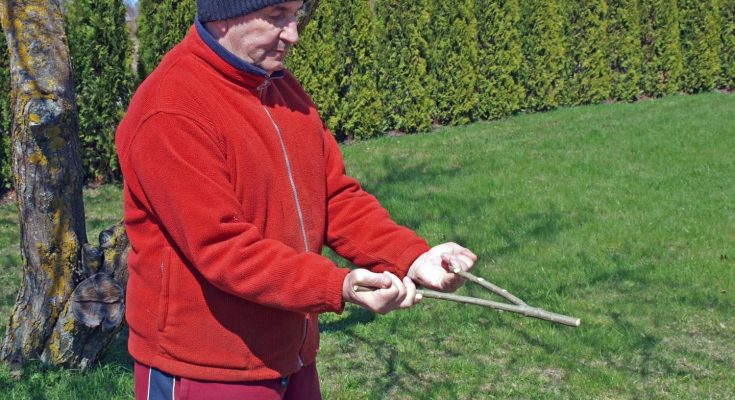Considering how quickly trends change and times change, it’s understandable that many of us feel as though we’re living in a world we don’t recognise by the time we’re elderly.
Not only am I referring about significant shifts, but also the subtle adjustments that appear to happen over decades.

God bless her soul, my grandmother used to show us strange instruments and trinkets that no one else in the family recognised, and she would constantly talk about the routines and habits she had when she was younger. If I’m as fortunate to live as long as she did, I can only assume it will be the same for me.
Anyway, I suppose this nostalgia is what drives the popularity of “what’s this?” articles on the internet. That’s what I mean when individuals share photos of themselves curious about the whereabouts of well-known objects and their former uses. A new one is currently making the rounds, and it appears to be very challenging to understand exactly what it is and accomplishes.

I’ll be the first to say that when I initially came across a picture of the tool below on the internet, I had no idea what it was. Thankfully, though, there were many who did…
It appears to be an ordinary, old tree limb at first glance, with a V shape and nothing particularly noteworthy about it. However, its history as a helpful tool for humans dates back to the 1500s and a technique called “Water Dowsing.” The water dowser is reportedly also referred to as a “doodlebug,” “water-finder,” “diviner,” or “well witch.” Its principal function? You guessed it: to find water!
With palms facing up, a person would grasp both of the stick’s branches in each hand. Next, the V’s stem—the lower portion where the two rods join—is tilted 45 degrees in the direction of Earth.
After then, the user is said to be walking back and forth in search of vibrations at the base of the V that could indicate the presence of water beneath the surface of the Earth. Evidently, dowsing with metal rods was a method used in the 1500s to locate metals in the ground; however, people started using the same technique to locate water for newlyweds in remote locations at that time.



